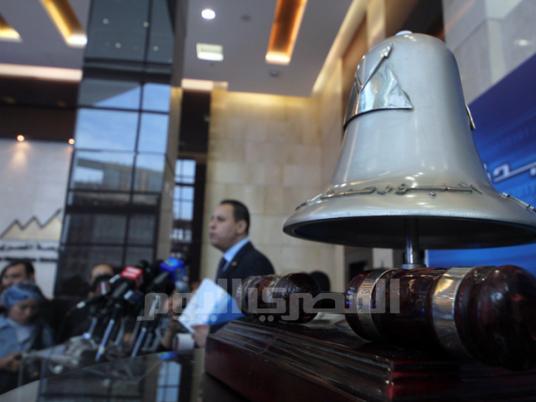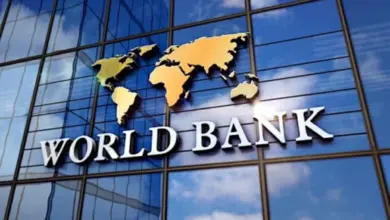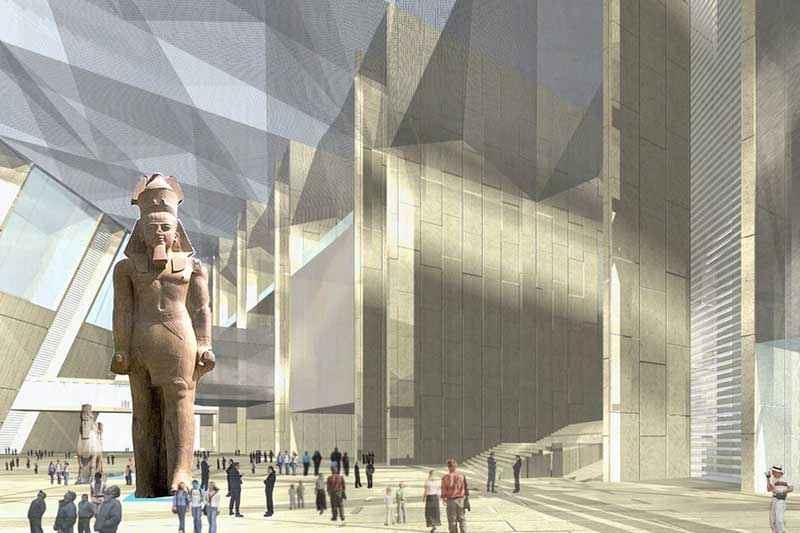
Egyptian investors are in wait-and-see mode ahead of a crucial runoff vote in the country's presidential election, with many skeptical that the outcome will bring a more stable investment environment.
The runoff reflects a polarized political scene after more than 15 months of shaky military rule since the overthrow of Hosni Mubarak.
The last stage of voting on 16-17 June is a two-way race between Ahmed Shafiq, Mubarak's last prime minister and an admirer of the deposed leader, and the Muslim Brotherhood's Mohamed Morsy.
Many Egyptians believe Shafiq has the backing of the powerful army, while the Brotherhood has a formidable grassroots following and a well-organized campaign machine, making the outcome hard to call.
Investors suspect a Shafiq win could spark far bigger protests on the streets and trading on the Cairo stock exchange has been muted ahead of the vote.
"If Shafiq wins, I believe we're going to see signs of instability for the short term," said Amr Reda at Pharos Securities Brokerage.
But he said a win for either Shafiq or Morsy could help unblock aid from foreign donors including the International Monetary Fund that has been delayed partly because Egypt has had a temporary government.
Egypt's benchmark index surged in the first quarter, hitting an eight-month high of 5,452 points in early March to take it up 51 percent for the year. Since then, it has lost nearly 1,000 points, retreating as a 1 July deadline for the army to hand power to an elected president neared.
"Everyone wants to know a clear picture of what is going to happen to this country. For now there is very minimal participation from locals and foreigners (in the stock market)," said Reda. "The Muslim Brotherhood is good in business and they will have backing from Arab countries. Shafiq has good ties in the region too and has stronger ties with the US given his long history with the army.
"So it's kind of the same and the outcome of the election in that sense does not worry me."




